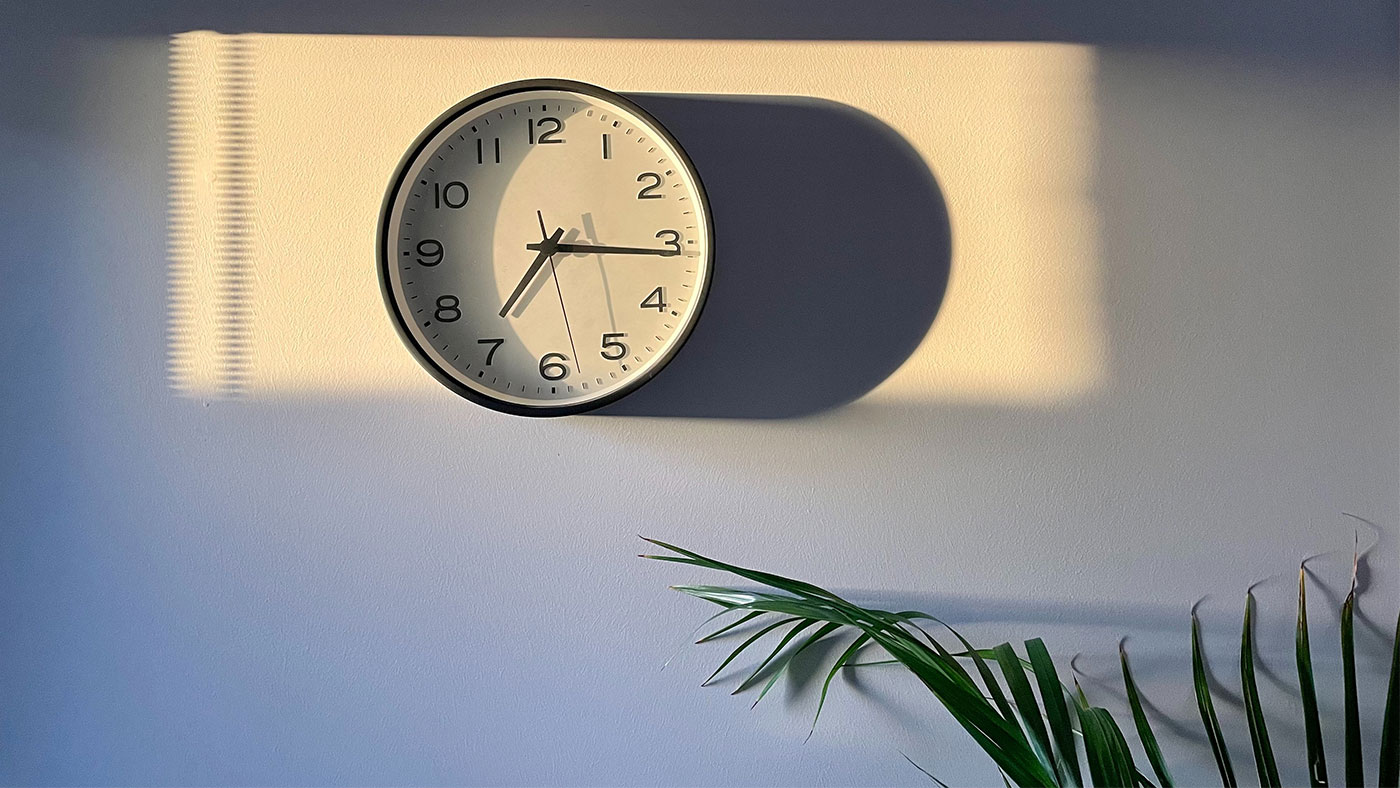Why you shouldn’t lose sleep over the clocks going back

“The clocks are going back in a couple of weeks, bring on the extra hour’s sleep!” said no parent, anywhere, ever.
We know that lie-in is more likely to become an early wake-up, because children don’t care about clocks, and their usual 7am wake-up will be 6am when the clocks change.
Most parents dread the change, and the internet is awash with theories about how to best transition your child into bed that hour earlier. But what if we told you not to worry about it? That, actually, you could not stress at all and in a week’s time everything would be back to normal?
While it’s true that your child may well wander into your bedroom or call for you at 5am when they’re usually up at six, it’s also true that this is very likely to gradually work itself out over the following week or two.
Any parent who’s tried to keep a tired baby up for an extra hour is likely to report back that keeping a baby up for that hour is no mean feat, and to add insult to injury they tend to wake up at their usual time regardless. That’s because our internal body clocks are powerful and unlikely to adjust overnight.
Light is the most important factor in setting your circadian rhythm (or body clock), so the darker evenings that come with the clocks going back can make it hard for your child to stay awake for that extra hour. We suggest following their cues and letting them sleep when they’re tired. You could try giving them just one more story to extend their time awake by just a few minutes, or a few more minutes splashing in the bath.
Food is also important for your body clock. Again, we wouldn’t recommend changing mealtimes immediately. If your child usually eats breakfast at 7.30am, they may well be hungry at 6.30am after the clocks change. You could see if you could extend their mealtime by 10 minutes or so, so it shifts gradually, but know that it will anyway, in time. It might be worth carrying extra snacks throughout the day, in case hunger strikes!
Sleep is precious for parents, and any further interruptions to opportunities for some shut-eye can be difficult to face, but these are likely to be temporary, and not worth any stress or worry. Fundamentally, allowing your child time to adjust is the most you can do, and it’ll happen at their own pace.
Remember, your body won’t adjust overnight either, so consider your own body’s cues and make sure you allow yourself as much time to adjust as you can.
So, instead of stressing about their bedtime, why not make the most of a cosy evening to snuggle in together and enjoy an extra story or two?